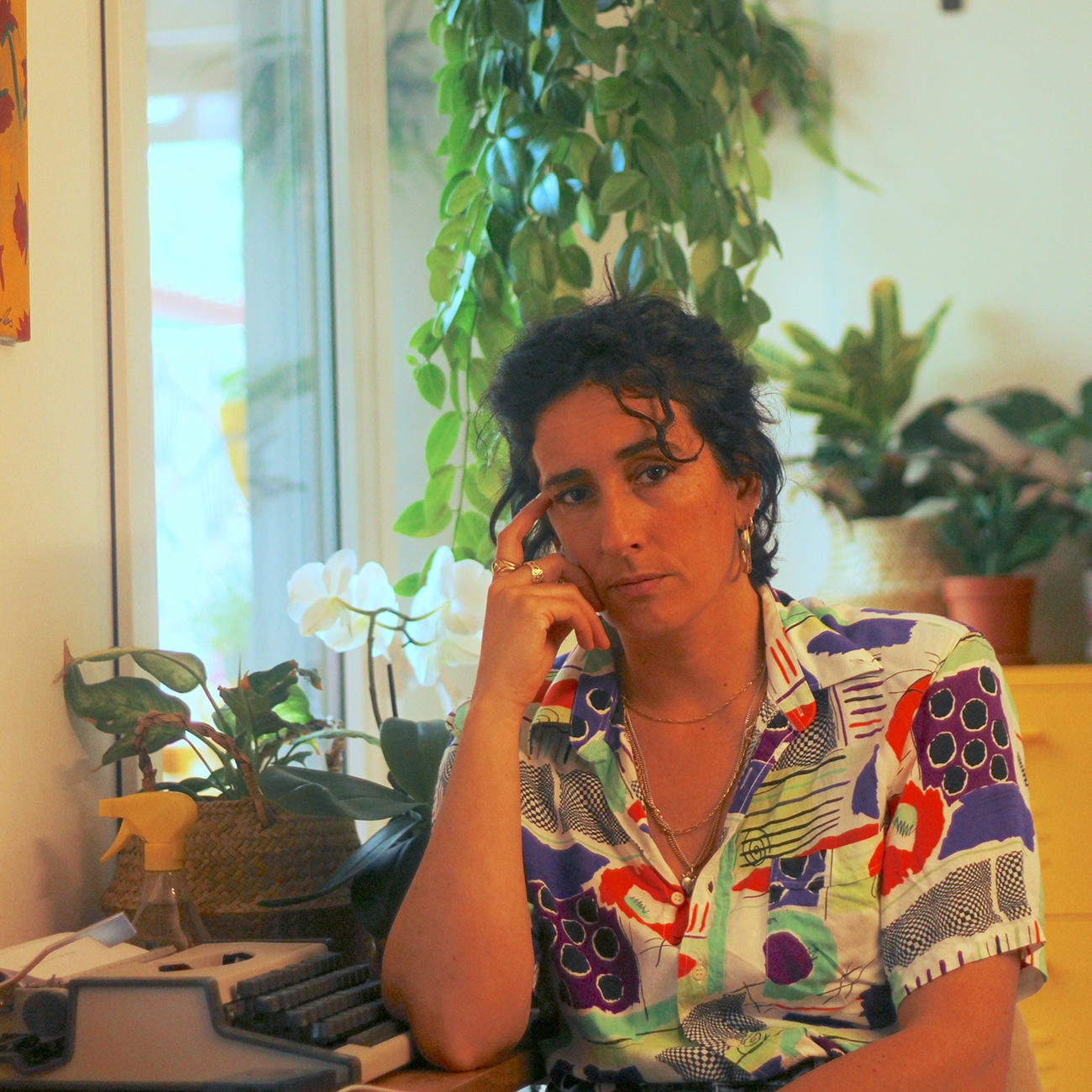

A Garota Não
(PT)
Cátia Oliveira goes by the stage name A garota não, but her presence on the Portuguese music scene has been anything but absent. With the release of the acclaimed '2 de abril', she established herself as one of the most important voices in new Portuguese music - a singer who combines poetic sensitivity with the urgency of political and social discourse. Born in Setúbal, she brings with her the heritage of the protest song, but reinvents it with freshness and a language that dialogues with the present. Her songs are characterised by lucid, intimate and combative writing, which seeks, in her words, to ‘make the days clearer’ and restore some hope to those who feel disenchanted with the country's direction. ‘We're going through a period of deep discontent...’ she said recently in an interview. ‘We have a lame justice system, education and health in upheaval, a very violent housing crisis... and repeated episodes of political representatives involved in scams. Singing about what saddens us, about what makes us angry, might bring us closer together. Suddenly, at a concert, we realise that there are many of us who want a different country.’
After an intense year on the road with the songs from '2 de abril', the singer from Setubal returned to record releases in May 2025 with'Ferry Gold', a new album in which she once again uses song as a tool for intervention. Here, the focus is on the collective right to the coast, in opposition to the property speculation that is turning the Portuguese coast into an increasingly inaccessible asset. Once again, ‘A garota não’ protests the present in order to demand a fairer, more liveable future. With her, the song once again becomes a space for reflection, memory and resistance - without losing its delicacy or amazement.

